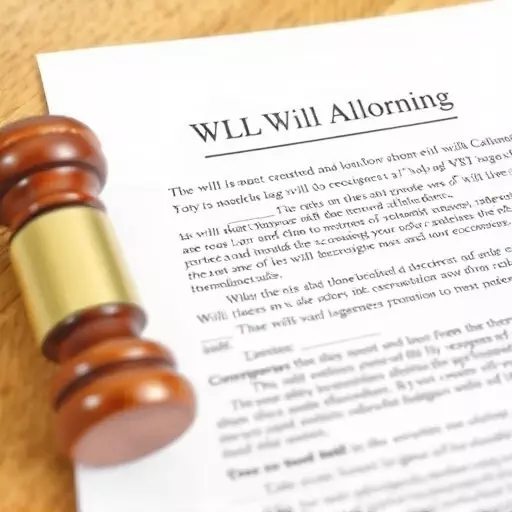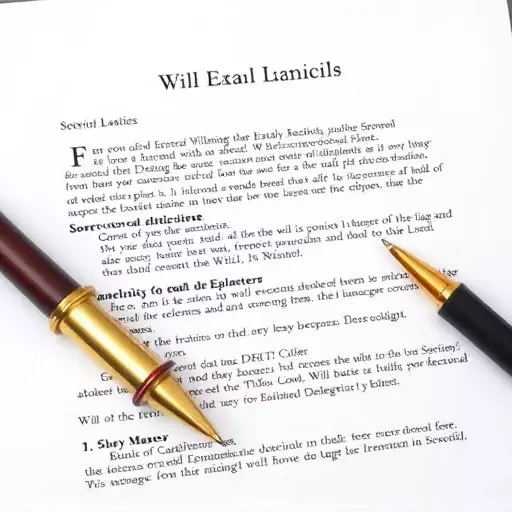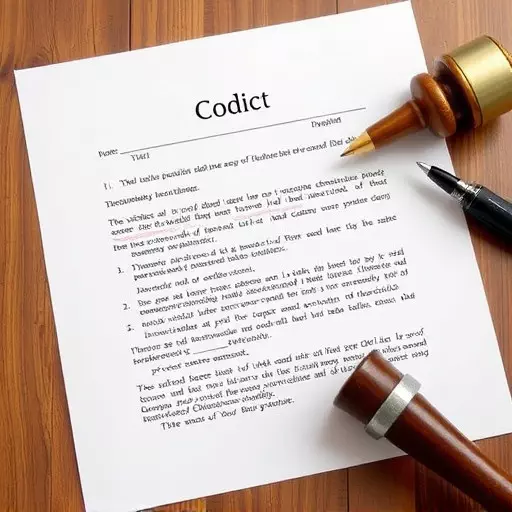In today's digital age, estate planning must include managing online assets like social media accounts, banking, and cryptocurrency. A specialist attorney in Palo Alto, California, can draft will codicils or amendments to specify instructions for these digital holdings, ensuring they're distributed according to the testator's wishes. This comprehensive approach prevents disputes among beneficiaries and guarantees a smooth transition for digital assets, which are often overlooked but crucial in today's connected world. Regular reviews and updates with an experienced legal professional are essential to keep up with evolving technology and laws related to digital assets.
In today’s digital era, understanding how to incorporate digital assets into estate planning is crucial. As our lives become increasingly intertwined with technology, traditional wills may overlook valuable digital holdings. This article explores the significance of digital assets in wills, emphasizing the need for codicils and amendments as legal tools to ensure comprehensive estate planning. We delve into the role of an attorney in Palo Alto, California, specializing in legal drafting, and address common misconceptions surrounding this evolving field.
- Understanding Digital Assets and Their Legal Significance in Estate Planning
- Why Codicils and Amendments Are Essential for Modern Wills
- The Role of an Attorney in Drafting and Executing Digital Asset Provisions
- Common Challenges and Misconceptions About Digital Assets in Wills
- Best Practices for Incorporating Digital Assets in Estate Planning Documents
Understanding Digital Assets and Their Legal Significance in Estate Planning

In today’s digital age, our lives are intricately woven with online accounts, digital media, and valuable virtual possessions—collectively known as digital assets. These assets encompass a wide range, from social media profiles and email accounts to cryptocurrency wallets, domain names, and even online copyrights. As these digital elements have become integral parts of our daily routines and financial structures, their role in estate planning gains significant importance.
When it comes to crafting or amending a will, especially through legal drafting processes in Palo Alto, California, understanding the legal significance of digital assets is crucial. A will codicil or amendment specifically addressing these modern possessions ensures that they are properly distributed according to an individual’s wishes after their passing. This meticulous consideration is vital, as it prevents potential disputes among beneficiaries and guarantees that even intangible assets find their rightful place in the estate settlement process.
Why Codicils and Amendments Are Essential for Modern Wills
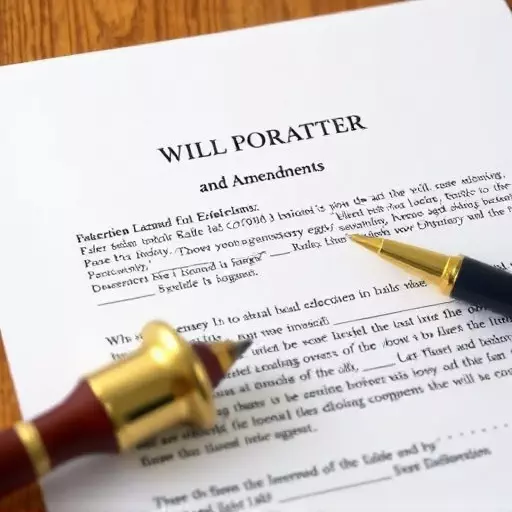
In today’s digital era, where a significant portion of our lives is documented and stored online, it’s crucial for modern wills to incorporate provisions for digital assets. This is where will codicils and amendments step in as essential tools for estate planning. A codicil is a legal document that allows you to make specific changes or additions to your existing will, ensuring that your wishes regarding digital assets are accurately reflected. With the rapid pace of technological advancements, it’s inevitable that our online presence evolves over time, making it vital to update your will accordingly. An attorney specializing in estate planning and legal drafting in Palo Alto, California, can assist in crafting these codicils, ensuring your digital legacy is managed according to your specific instructions.
By utilizing codicils, you can direct how your social media accounts, online banking systems, and other digital holdings should be accessed, shared, or distributed after your passing. This level of detail is necessary to navigate the complex landscape of digital asset management, which often involves various platforms with their own unique terms of service and security measures. Through careful legal drafting, your attorney can create amendments that provide clarity and peace of mind, knowing your digital assets will be handled as you intended.
The Role of an Attorney in Drafting and Executing Digital Asset Provisions
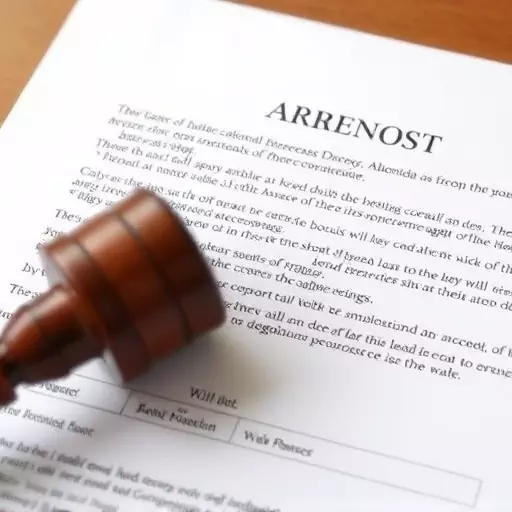
When it comes to digital assets, estate planning goes beyond physical possessions. As our lives become increasingly digital, ensuring that your online assets are properly managed and distributed can be complex. This is where an attorney in Palo Alto, California, specializing in legal drafting plays a vital role. They guide clients through the process of updating their wills and codicils to include digital asset provisions, ensuring compliance with current laws and regulations.
An experienced attorney can help navigate the intricate landscape of digital estate planning. They assist in identifying and categorizing various types of digital assets, from social media accounts to cryptocurrency holdings. By drafting specific amendments, they ensure that these assets are executed according to the testator’s wishes, providing peace of mind for families and a smooth transition for beneficiaries.
Common Challenges and Misconceptions About Digital Assets in Wills

Many individuals still view digital assets as an abstract concept when it comes to estate planning. This often stems from misconceptions about their inclusion in wills, particularly when compared to traditional tangible property. A common challenge lies in understanding that digital assets require specific legal attention and strategies for effective transfer upon death. Unlike physical possessions, these assets are not automatically passed down; they need to be managed and allocated through proper legal drafting.
One prevalent misunderstanding is the belief that a simple update to a will is sufficient to include digital assets. However, will codicils and amendments may not cover all forms of digital holdings, especially as technology advances. For example, cryptocurrency, online investments, social media accounts, and other digital identities often require specialized legal approaches for inheritance. Engaging an experienced estate planning attorney in Palo Alto, California, can help navigate these complexities, ensuring that your wishes regarding digital assets are accurately reflected in your estate planning documents.
Best Practices for Incorporating Digital Assets in Estate Planning Documents

When incorporating digital assets into estate planning documents, such as a will or codicil, it’s crucial to work with an experienced attorney in Palo Alto, California, who specializes in legal drafting for the digital age. This ensures that your wishes regarding online accounts, cryptocurrencies, and other virtual possessions are accurately reflected and legally enforceable. Best practices include identifying all relevant digital assets, assigning specific access or transfer instructions, and updating these documents regularly as your online holdings grow or change.
Additionally, consider using clear and concise language to describe each asset, including usernames, passwords (if necessary), and any associated platforms or services. It’s also advisable to designate a trusted individual or entity as the executor or administrator responsible for managing these digital assets upon your passing. Regular review and amendments to your estate planning documents are essential to keep pace with technological advancements and evolving legal frameworks surrounding digital assets.
